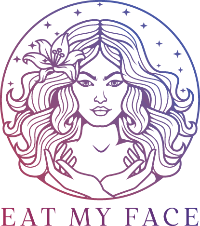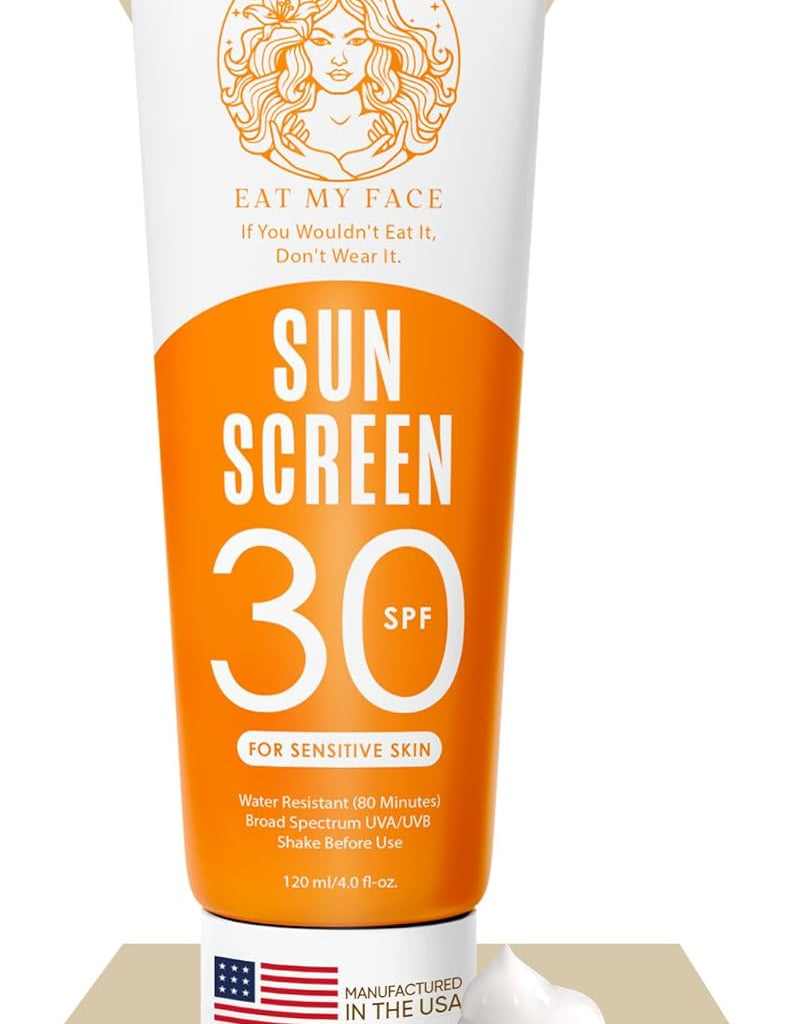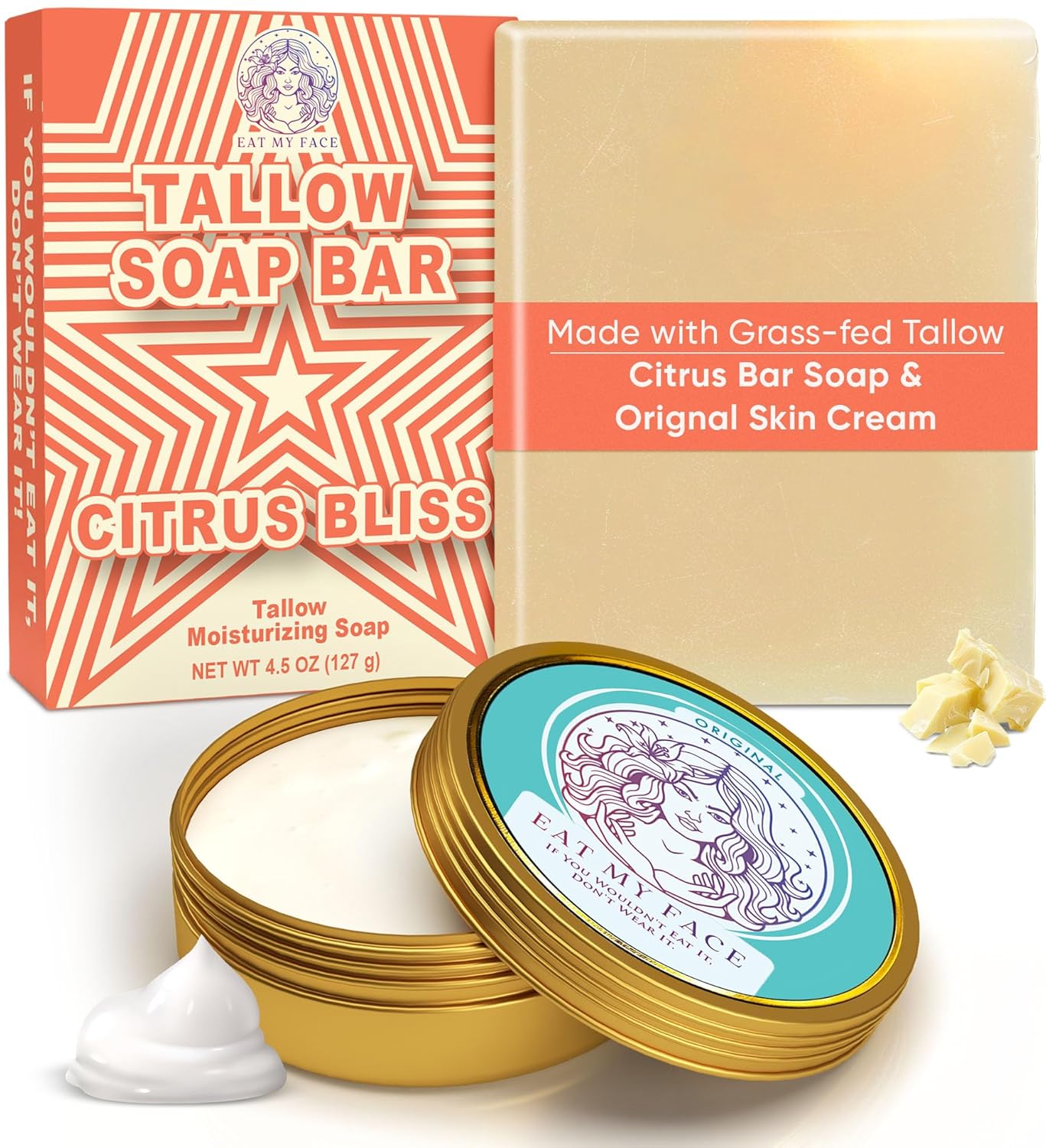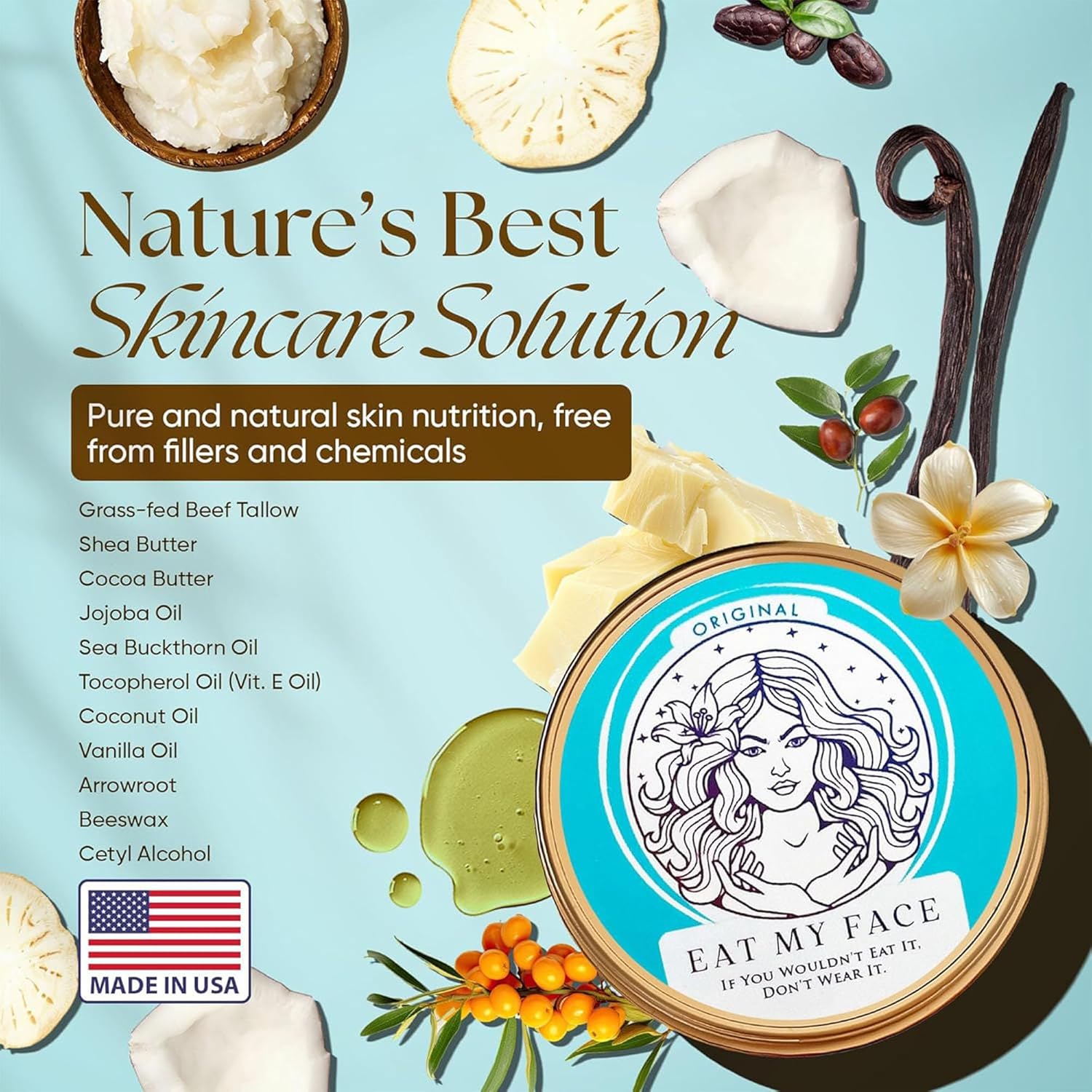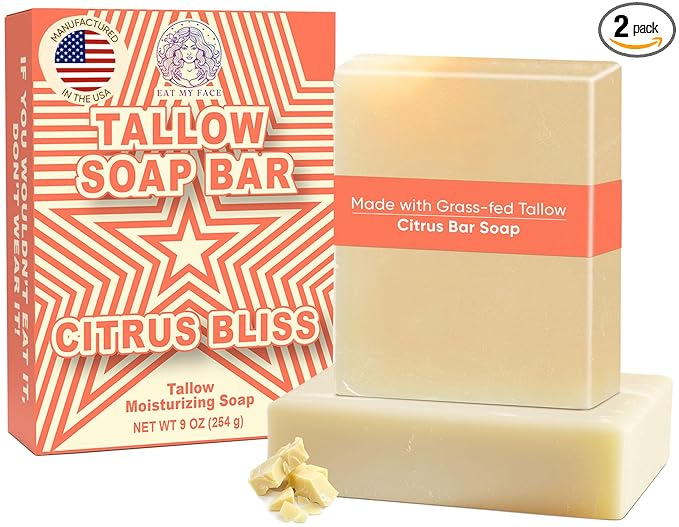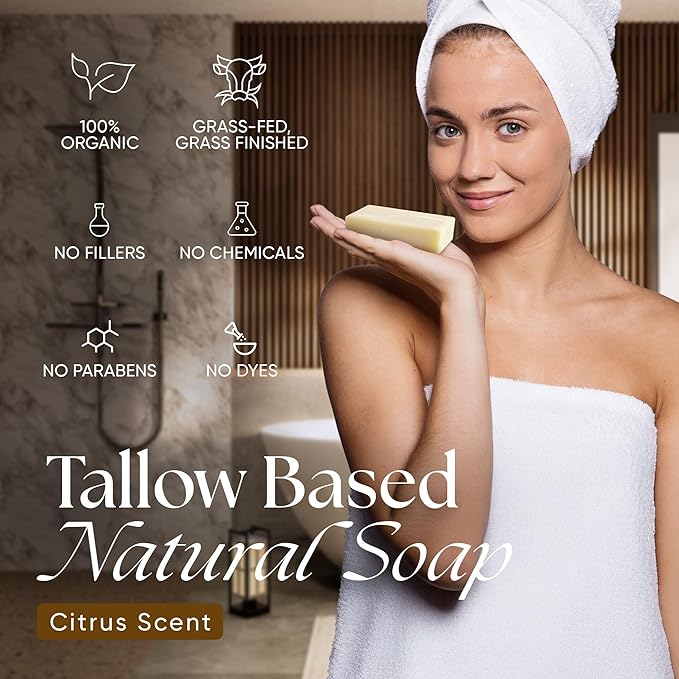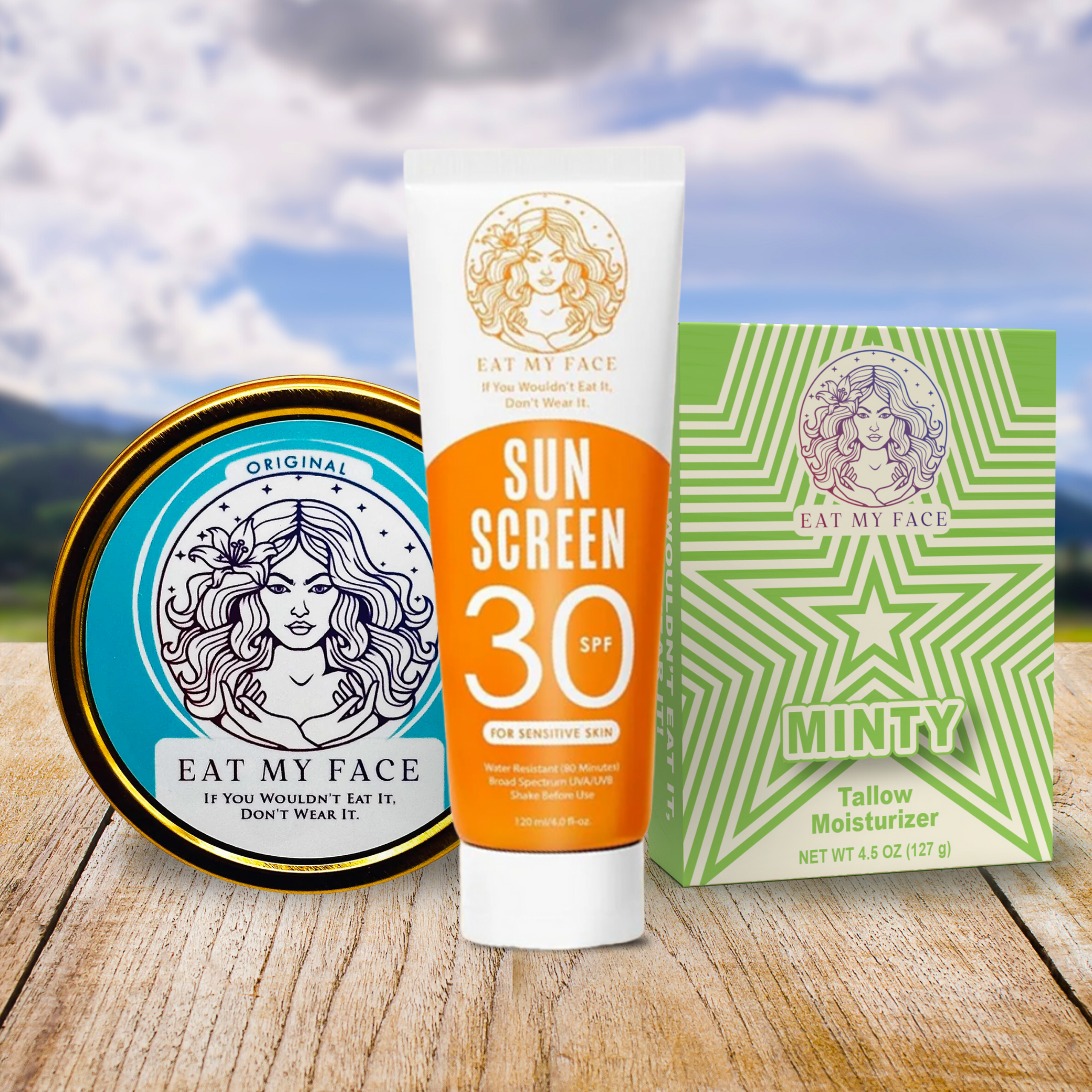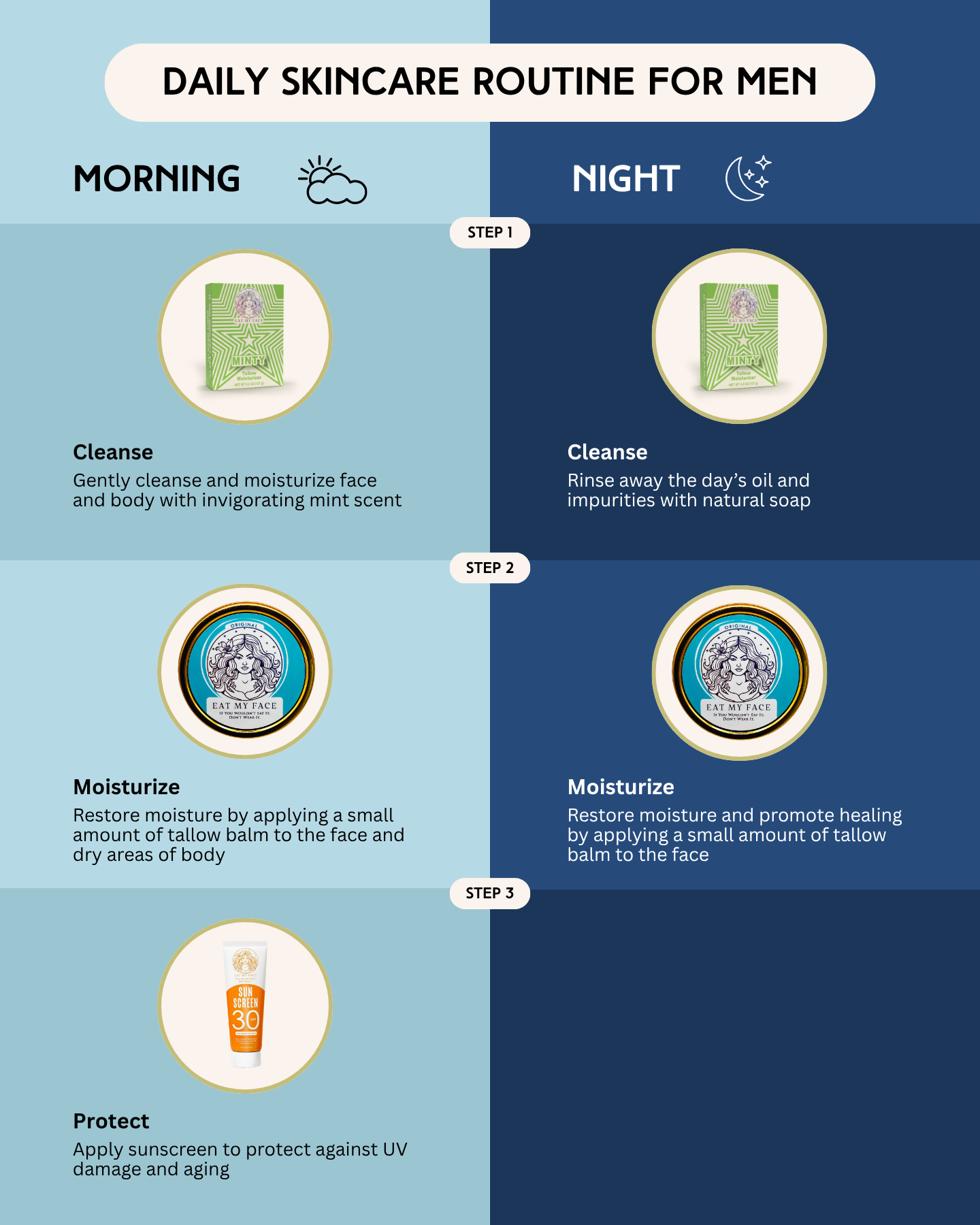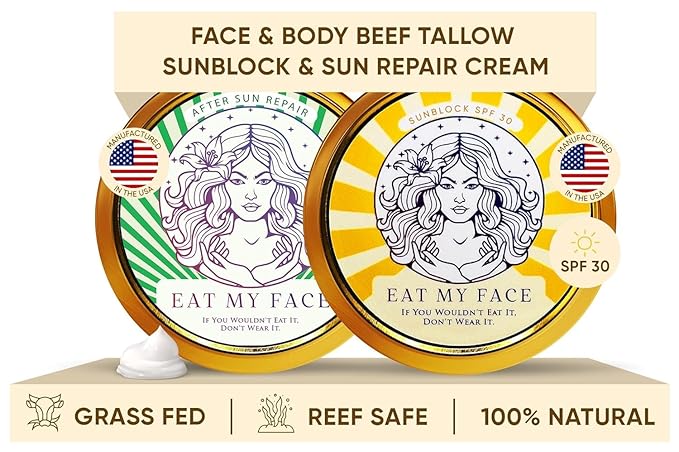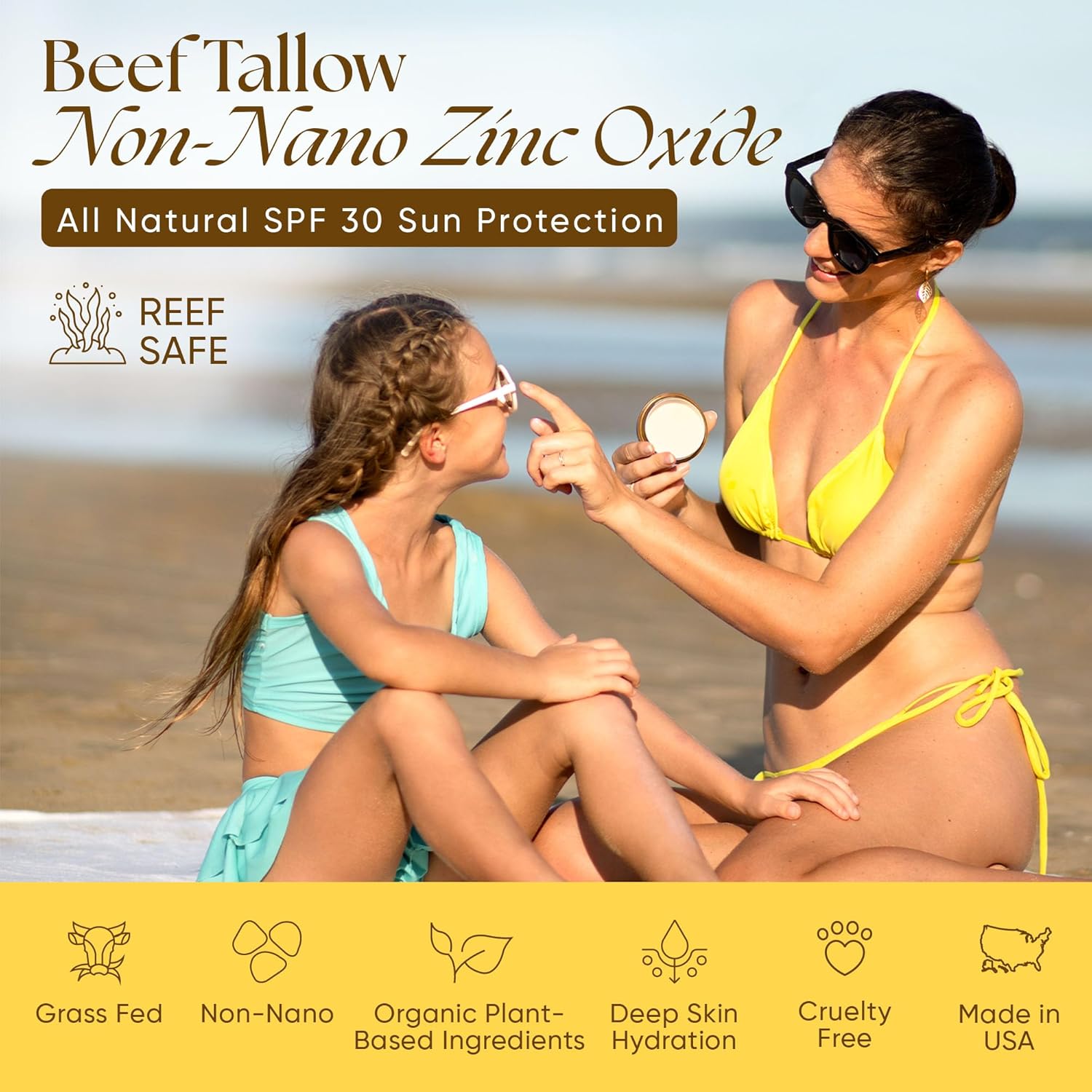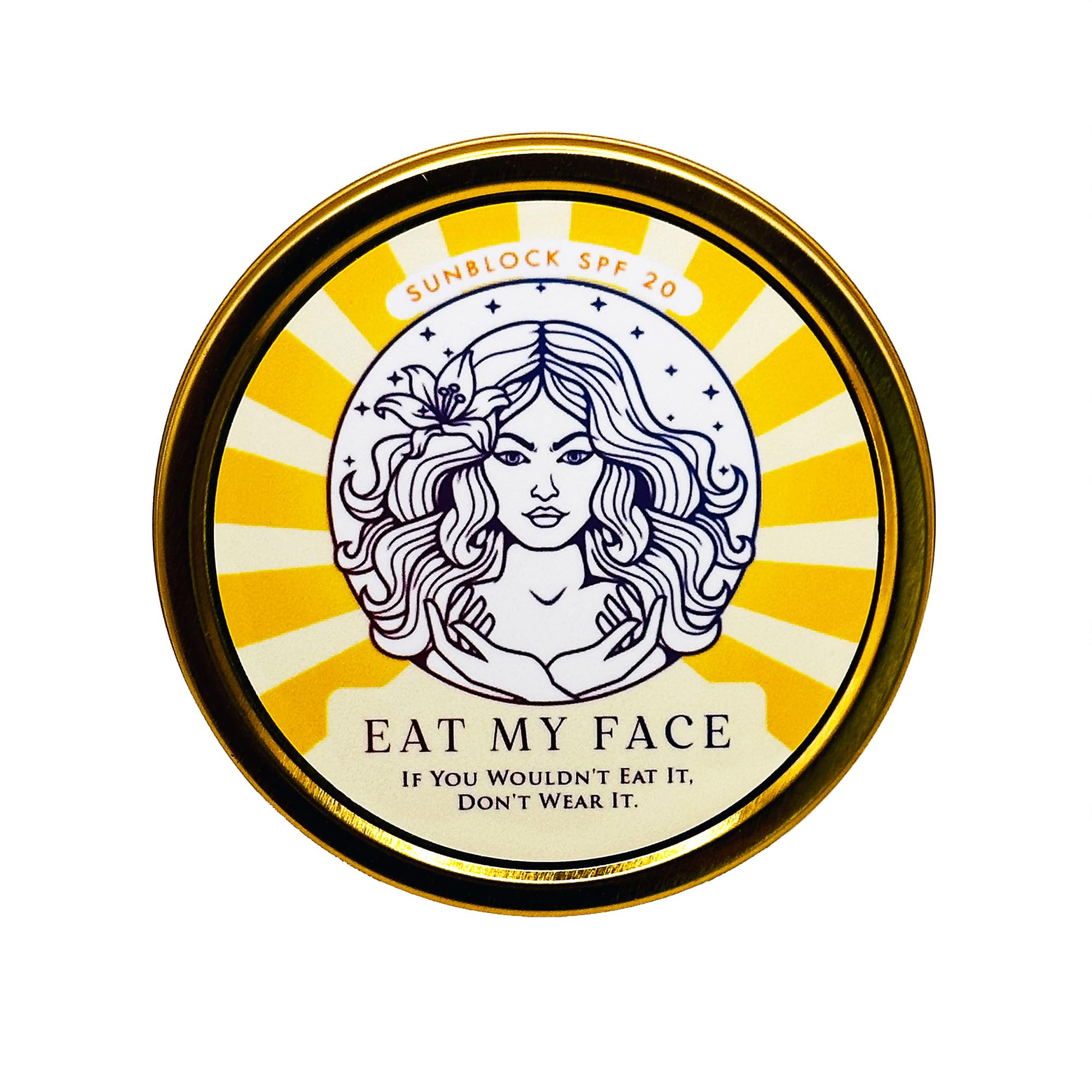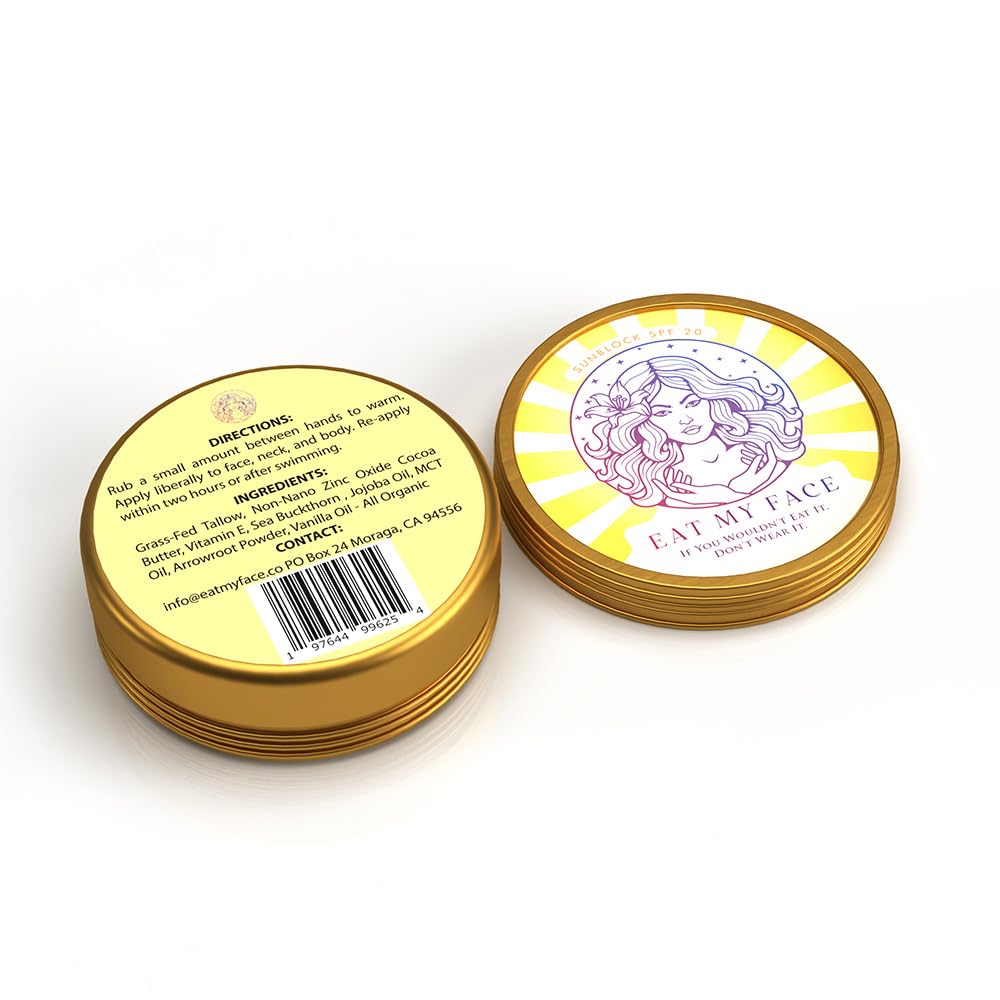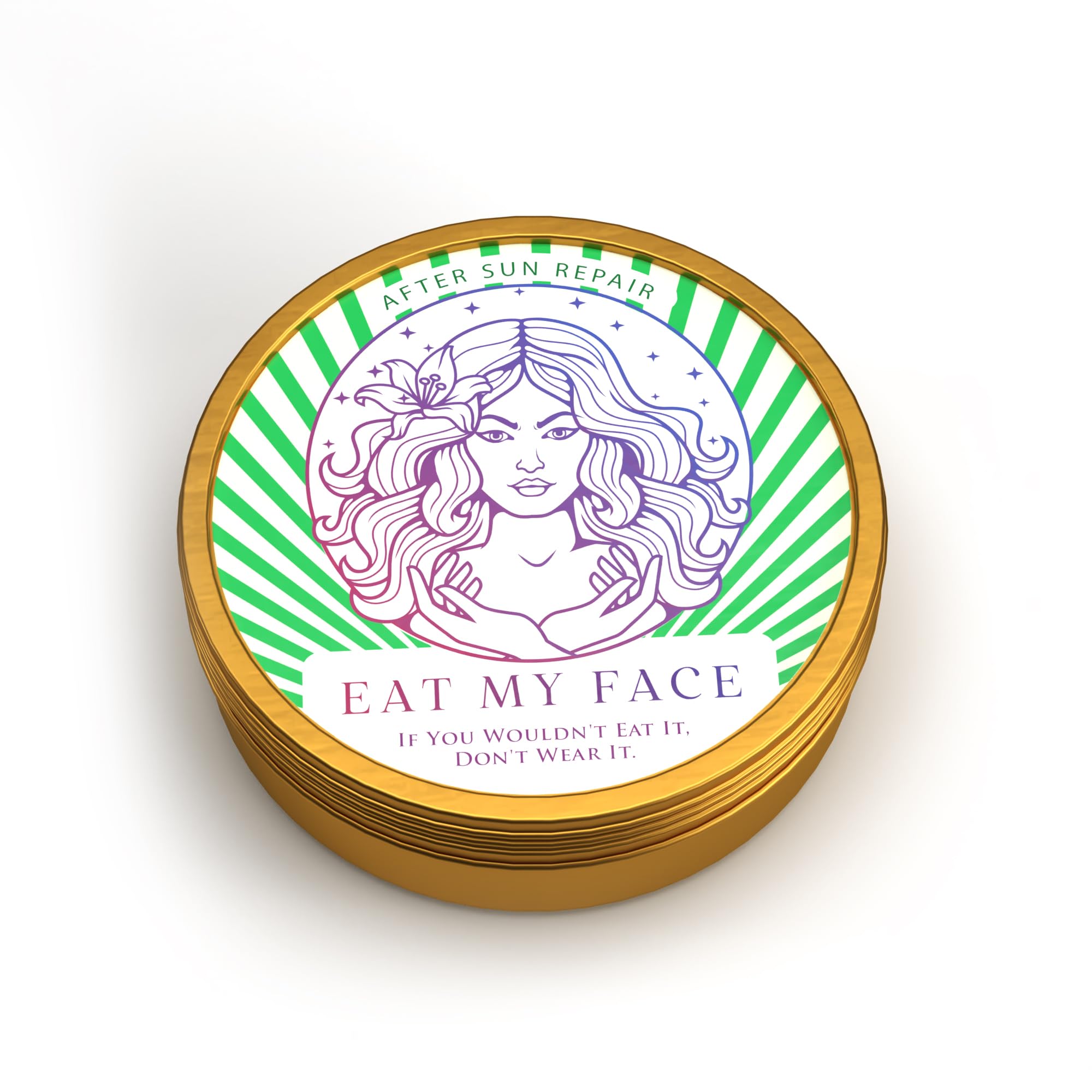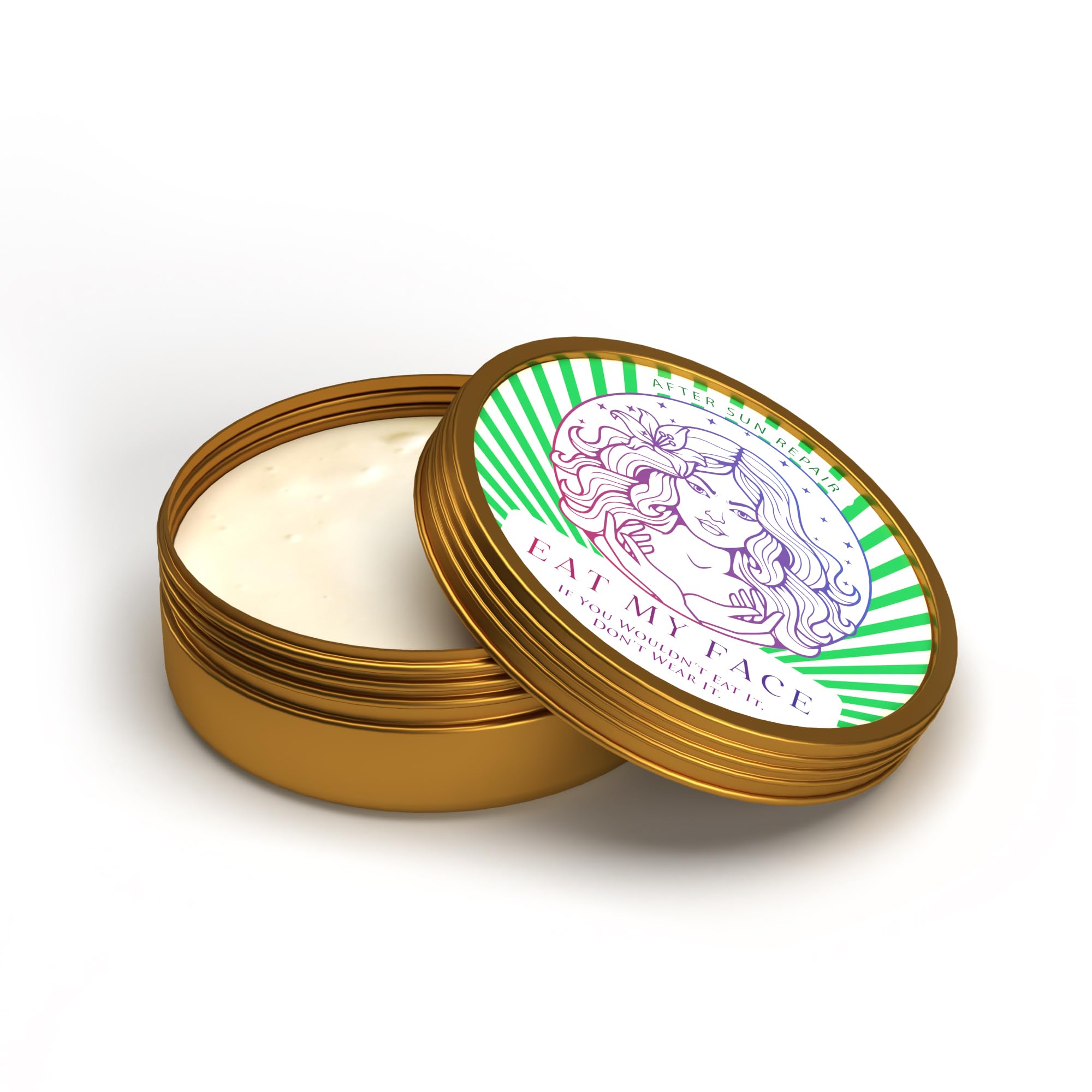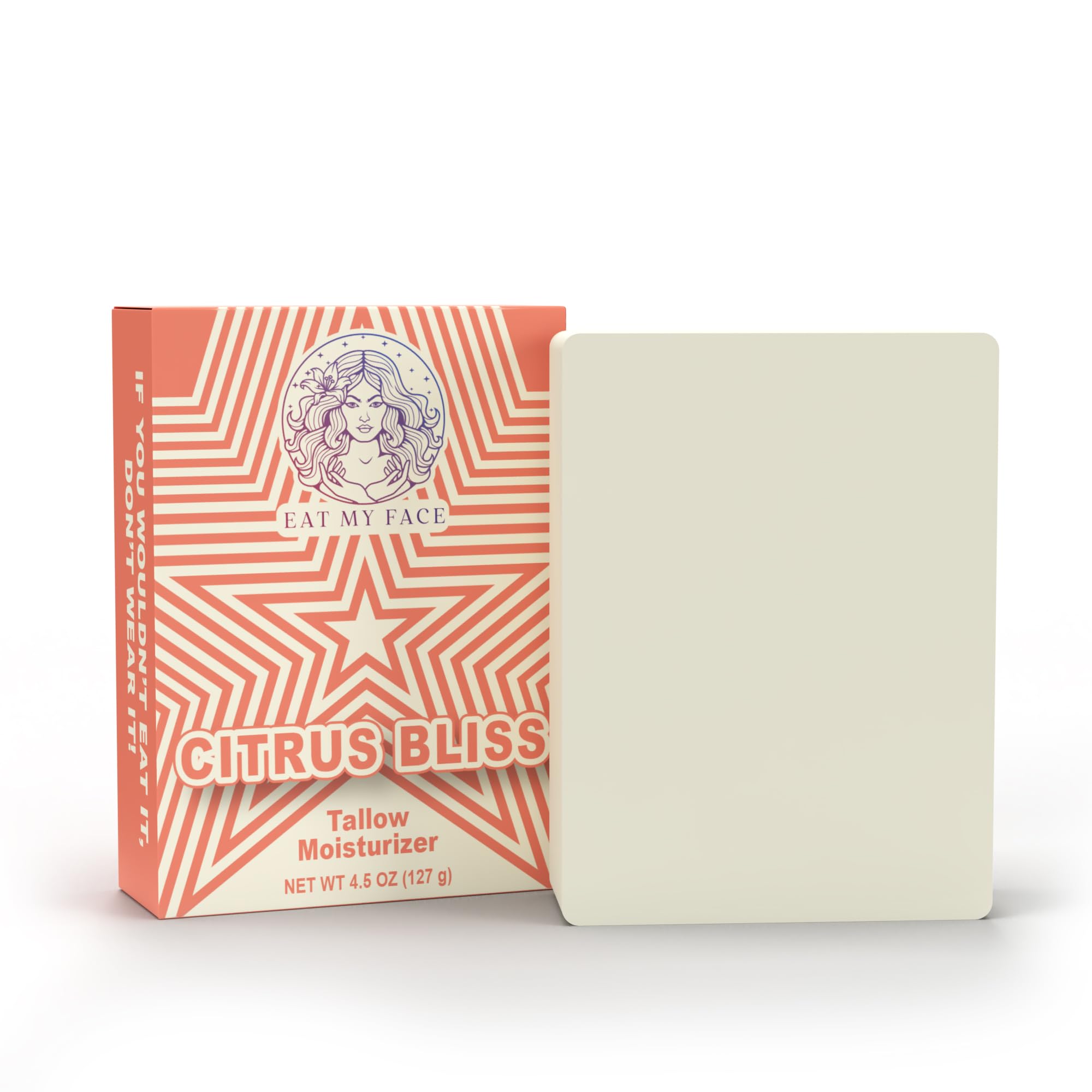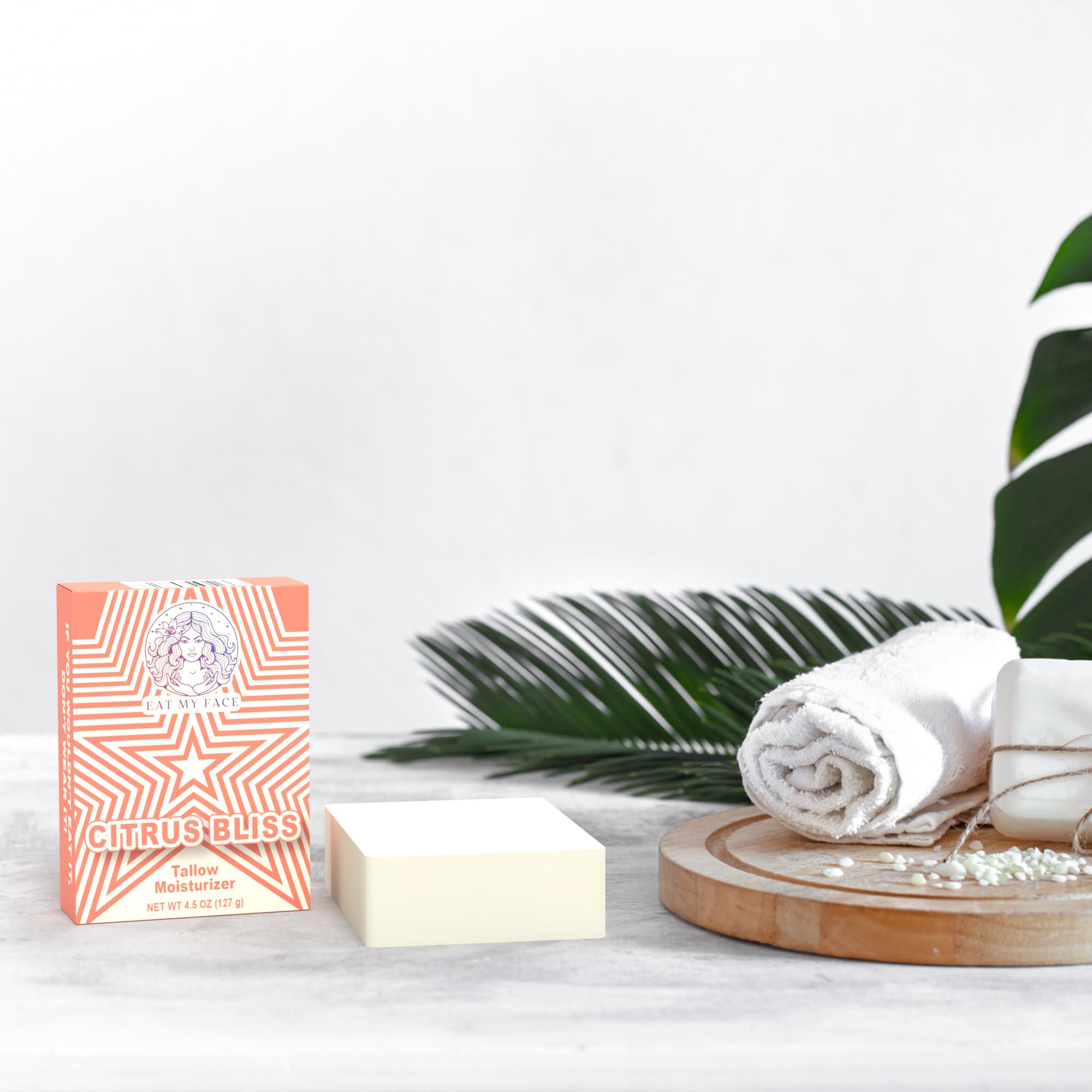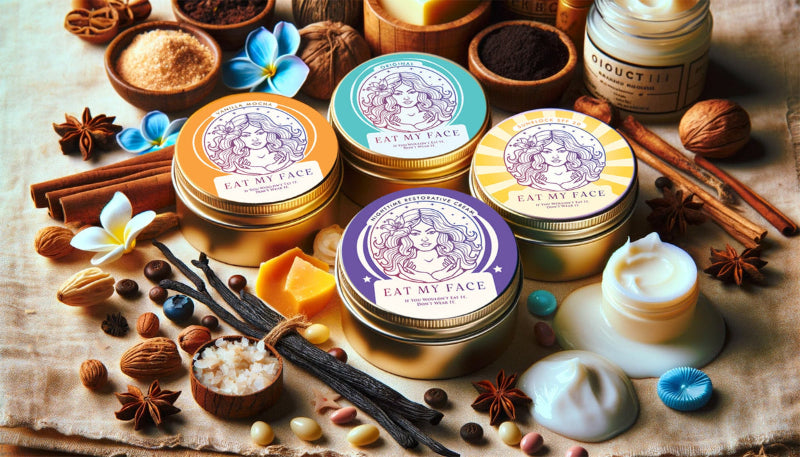In the quest for radiant, glowing skin, sometimes the most potent elixirs aren't found on the shelves of high-end beauty stores but within the comfort of our own kitchens. DIY skincare recipes have surged in popularity, not just as a trend, but as a testament to the power of natural ingredients in nurturing and revitalizing the skin. This shift towards homemade skincare solutions underscores a growing awareness and desire for simplicity, sustainability, and control over what we apply to our skin.
The allure of DIY skincare lies in its simplicity and the use of ingredients that are not only accessible but also packed with benefits that nature itself has provided. From the hydrating prowess of honey to the exfoliating properties of coffee grounds, nature offers a plethora of options to cater to every skin concern. This article, "5 Essential DIY Skincare Recipes for Radiant Skin," is crafted to guide you through creating effective, natural skincare treatments. These recipes are designed to harness the potency of natural ingredients, ensuring your skincare routine is as nourishing and wholesome as possible.
Embarking on the DIY skincare journey promises more than just the benefits of the concoctions you create; it's about embracing a lifestyle that values mindfulness about what you put on your skin. It's a journey of discovery, experimentation, and connection with nature. So, let's dive into the world of DIY skincare, where every ingredient has a purpose, and every recipe brings you one step closer to achieving the radiant, healthy skin you deserve.
The Science Behind Natural Skincare Ingredients
In an era where the call for transparency in beauty products grows louder, the science behind natural skincare ingredients becomes increasingly relevant. It's not just about slathering homemade concoctions on our skin; it's about understanding why and how these ingredients work. Nature's bounty is rich with compounds that have potent effects on the skin, from antioxidants that fight free radical damage to natural acids that gently exfoliate and renew skin cells.
Antioxidants and Skin Health
Antioxidants are nature's defense mechanism against damage caused by free radicals, unstable molecules that can harm skin cells and accelerate aging. Ingredients like green tea, berries, and vitamin E are rich in antioxidants. They help protect the skin by neutralizing free radicals, thereby preventing premature aging and enhancing skin's natural healing process. Applying these antioxidants topically through DIY recipes can bolster your skin's resilience against environmental stressors.
Natural Acids for Exfoliation
Natural acids, such as citric acid from lemon and lactic acid from yogurt, are gentle on the skin yet effective in sloughing away dead skin cells. This process of natural exfoliation promotes cell renewal, leading to brighter, smoother skin. Unlike harsh chemical peels, natural acids offer a milder alternative that maintains the skin's delicate balance.
Hydration and Natural Oils
Hydration is key to maintaining skin's elasticity and barrier function. Natural oils like coconut, olive, and jojoba closely mimic the skin's natural sebum, providing deep moisturization without clogging pores. These oils are packed with fatty acids and vitamins that nourish the skin, reinforcing its barrier against pollutants and irritants.
Anti-inflammatory Properties
Many natural ingredients possess anti-inflammatory properties that can soothe irritated skin. Aloe Vera, for instance, is renowned for its calming effect on sunburns and inflammation. Similarly, chamomile and cucumber are excellent for reducing redness and soothing sensitive skin. Incorporating these ingredients into your DIY skincare can help manage conditions like acne, rosacea, and eczema.
Understanding the science behind natural skincare ingredients empowers us to make informed choices about the products we use. It allows us to tailor our skincare routines to our specific needs, using the healing power of nature to address our skin concerns.
Essential DIY Skincare Recipes
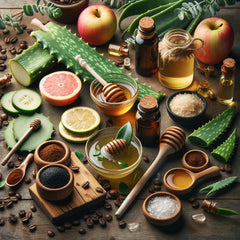
The beauty of DIY skincare lies in its versatility and the ability to customize ingredients to suit your skin's unique needs. Here, we present five essential recipes that cater to a range of skincare goals, from hydration to exfoliation and everything in between.
Hydrating Honey Face Mask
- Benefits of Honey for the Skin: Honey is a natural humectant, meaning it helps retain moisture in the skin without making it oily. It's also packed with antioxidants and antibacterial properties, making it perfect for both hydrating the skin and fighting acne.
-
Recipe and Application Method:
- Mix 2 tablespoons of raw honey with 1 tablespoon of organic coconut oil to create a paste.
- Apply the mixture to clean, dry skin, and leave it on for 15-20 minutes.
- Rinse with warm water and pat dry.
Exfoliating Coffee Scrub
- Benefits of Coffee for the Skin: Ground coffee is an excellent exfoliant that removes dead skin cells and stimulates blood flow, which can help reduce the appearance of cellulite and give your skin a more even tone.
-
Recipe and Application Method:
- Combine ½ cup of ground coffee with ¼ cup of brown sugar and ¼ cup of olive oil.
- Gently massage the mixture onto your skin in circular motions, then rinse off in the shower.
- Use 1-2 times a week for best results.
Soothing Aloe Vera Moisturizer
- Benefits of Aloe Vera: Aloe Vera is known for its soothing, anti-inflammatory properties, making it ideal for calming irritated or sunburned skin. It also provides lightweight hydration.
-
Recipe and Application Method:
- Extract the gel from an Aloe Vera leaf and mix with a few drops of Vitamin E oil.
- Apply to the face and neck as a moisturizer. Store any leftovers in the refrigerator.
Natural Toner with Apple Cider Vinegar
- Benefits of Apple Cider Vinegar for the Skin: Apple cider vinegar helps balance the skin's pH and has antibacterial properties, making it effective in preventing acne.
-
Recipe and Application Method:
- Dilute apple cider vinegar with water in a 1:3 ratio.
- Apply to the face with a cotton ball after cleansing. Avoid the eye area.
Anti-Aging Serum with Essential Oils
- Benefits of Specific Essential Oils for Anti-Aging: Essential oils such as frankincense, lavender, and rosehip are known for their skin-regenerating properties. They can help reduce the appearance of wrinkles and fine lines.
-
Recipe and Application Method:
- Mix 5 drops of frankincense oil, 5 drops of lavender oil, and 5 drops of rosehip oil with 1 oz of jojoba oil.
- Apply a few drops to the face and neck before bedtime.
Tips for Customizing Your DIY Skincare Recipes
How to Adjust Recipes for Different Skin Types
Customizing DIY skincare recipes to cater to your specific skin type is crucial for achieving optimal results. For oily skin, focus on ingredients that balance oil production, such as witch hazel or tea tree oil. Dry skin will benefit from deeply moisturizing ingredients like shea butter or avocado oil. Sensitive skin types should look for soothing components like oatmeal or aloe vera. Experiment with proportions to find what works best for you, keeping in mind that less is more when trying out new ingredients.
The Importance of Patch Testing
Before incorporating any new product into your skincare routine, patch testing is essential. Apply a small amount of the product to a discreet area of your skin, such as behind the ear or on the inside of your elbow, and wait 24-48 hours to observe any reactions. This step is crucial to ensure your skin's compatibility with the recipe and prevent adverse reactions.
Maintaining Healthy Skin Beyond DIY Recipes
Lifestyle Habits That Support Skin Health
Healthy skin is not solely the result of what you apply to it but also how you care for it from the inside. Stay hydrated, maintain a balanced diet rich in antioxidants, get enough sleep, and manage stress levels to support your skin's health. Regular exercise also plays a crucial role by increasing blood flow and promoting the removal of toxins.
When to Choose Professional Products Over DIY Solutions
While DIY skincare recipes can be effective for basic care and addressing specific concerns, professional products may be necessary for more complex skin issues, such as severe acne, rosacea, or chronic dryness. Dermatologists can offer tailored advice and recommend products with active ingredients at concentrations that are not safe to replicate at home.
Conclusion
Incorporating DIY skincare into your routine is not only a step towards embracing natural beauty but also an invitation to connect with the ingredients that nourish and rejuvenate your skin. The process of creating personalized skincare is a journey of exploration and learning. As you experiment with different recipes and ingredients, you'll discover what truly works for your unique skin type. Remember, the goal is not perfection but progress towards healthier, more radiant skin. So, embrace the process, enjoy the creations, and let your skin reap the benefits of your labor.
FAQs
-
How often should I use DIY skincare recipes?
Frequency depends on the recipe and your skin type. Masks and scrubs are generally used 1-2 times a week, while moisturizers can be used daily. -
Can DIY skincare recipes replace my entire skincare routine?
While DIY recipes can be effective, they may not replace all aspects of a skincare routine, especially for specific concerns that require professional-grade products. -
How do I know if a DIY skincare recipe is safe for my skin?
Research each ingredient and conduct a patch test before full application to ensure safety and compatibility with your skin. -
Are there any common kitchen ingredients that should be avoided in DIY skincare?
Lemon juice and baking soda, while popular, can disrupt your skin's pH balance and should be used with caution or avoided. -
How long can I store homemade skincare products?
Without preservatives, homemade skincare products have a shorter shelf life, typically 1-2 weeks when stored in a refrigerator.
